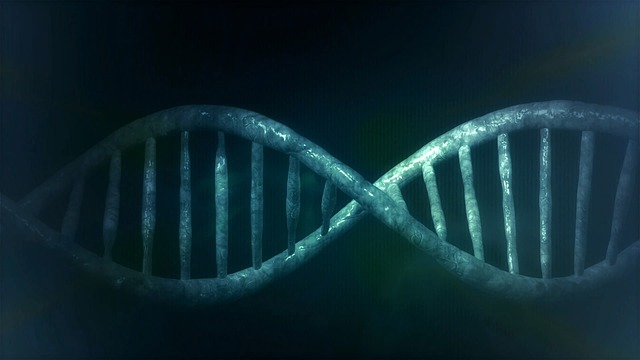Gene Editing Might Mean My Brother Would’ve Never Existed
By Joel Michael Reynolds,
Time
| 08. 09. 2017
On August 2nd, scientists achieved a milestone on the path to human genetic engineering. For the first time in the United States, scientists successfully edited the genes of a human embryo. A transpacific team of researchers used CRISPR-Cas9 to correct a mutation that leads to an often devastating heart condition. Responses to this feat followed well-trodden trails. Hype over “designer babies.” Hope over new tools to cure and curb disease. Some spin, some substance and a good dose of science-speak. But for me, this breakthrough is not just about science or medicine or the future of humankind. It’s about faith and family, love and loss. Most of all, it’s about the life and memory of my brother.
Jason was born with muscle-eye-brain disease. In his case, this included muscular dystrophy, cerebral palsy, severe nearsightedness, hydrocephalus and intellectual disability. He lived past his first year thanks to marvels of modern medicine. A shunt surgery to drain excess cerebrospinal fluid building up around his brain took six attempts, but the seventh succeeded. Aside from those surgeries’ complications and intermittent illnesses...
Related Articles
By Bernice Lottering, Gene Online | 11.08.2024
South Africa’s updated health-research ethics guidelines, which now include heritable human genome editing, have sparked concern among scientists. The revisions, made in May but only recently gaining attention, outline protocols for modifying genetic material in sperm, eggs, or embryos—changes that...
By Carl Elliott, The New York Review of Books | 11.21.2024
Photo "Traces of Willowbrook" by Matt Green on Flickr (CC BY-NC-SA 2.0)
In academic medicine, as with Confederate statuary, the mighty are starting to fall. The names of physicians once celebrated for ethically questionable research are finally being removed...
By Tomoko Otake, The Japan Times | 10.17.2024
Screening embryos during in-vitro fertilization to select those with fewer genetic risks for common diseases and certain physical traits is technologically and ethically questionable, a group of researchers have said in a new study.
The Japan Society of Obstetrics and...
By Sara Moretto, The Varsity | 09.22.2024
It was 2020. I was wrapping up grade nine science with a solid 60 per cent, hoping that if anyone saw my failed tests in the recycling bin, it would contribute to an air of mystery about me. This reason...




